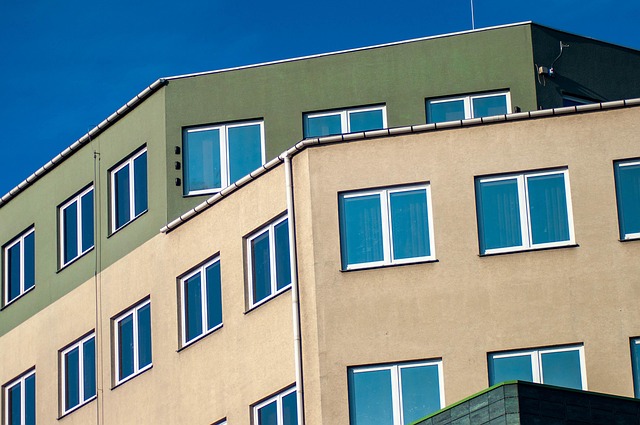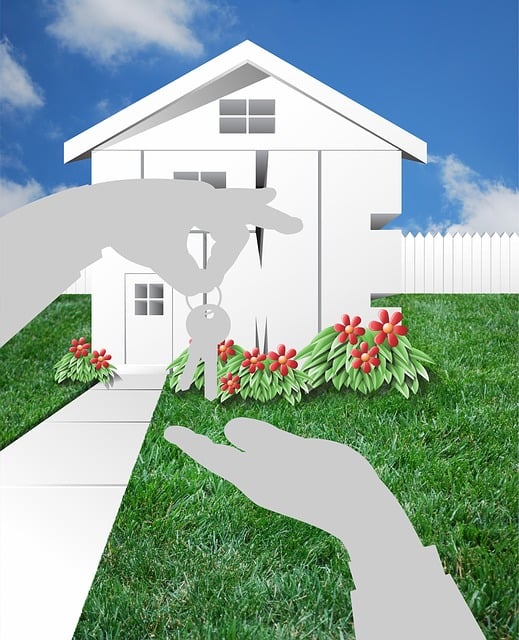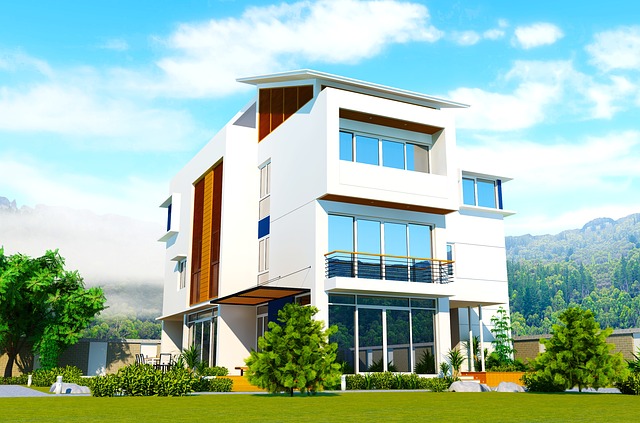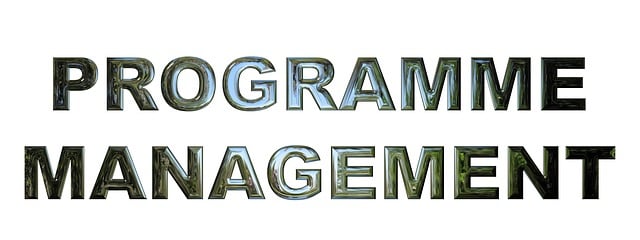Proactive property management is a strategic approach that saves costs and maintains property value by addressing issues early, preventing major repairs, and enhancing long-term financial savings. This method prioritizes regular maintenance of critical systems like HVAC, plumbing, and electrical components, reducing downtime and promoting energy efficiency. Through thorough inspections and quick repairs, proactive management extends property lifespans, protects tenants and landlords from unexpected costs, enhances property appeal and value over time, and maximizes return on investment (ROI).
“Unleash the long-term financial power of proactive property management. This strategy isn’t just about maintaining; it’s about safeguarding your investment, maximizing returns, and building a robust asset. By prioritizing routine checks and upkeep, you prevent costly repairs, increase property value through strategic improvements, and attract/retain tenants with consistent care. Discover how proactive property management optimizes rental income and cultivates positive tenant relationships, ensuring your investment thrives.”
- Preventing Costly Repairs and Maintenance
- – The impact of proactive maintenance on long-term savings
- – Examples of routine checks that prevent major repairs
- Increasing Property Value Through Upkeep
Preventing Costly Repairs and Maintenance

Proactive property management is a strategy that involves regularly inspecting and maintaining properties to prevent issues from escalating. By implementing this approach, property owners can avoid costly repairs and maintenance expenses. Regular inspections allow for early detection of problems like roof leaks, plumbing issues, or electrical faults, enabling timely fixes before they turn into major headaches.
This proactive approach not only saves money in the long run but also ensures the property’s value remains high. Preventing small issues from turning into big repairs can significantly reduce overall maintenance costs and keep the property in excellent condition. It’s a wise investment for any property owner looking to maximize their financial return.
– The impact of proactive maintenance on long-term savings

Proactive property management places a strong emphasis on regular, scheduled maintenance, which can have significant long-term financial benefits for property owners and managers. By addressing potential issues before they escalate, proactive measures help to prevent costly repairs and reduce the need for emergency, out-of-pocket expenditures. This is particularly evident in commercial properties, where major systems such as HVAC, plumbing, and electrical components are critical for business operations. Regular check-ups and servicing can extend the lifespan of these systems, ensuring they operate at peak efficiency while minimizing downtime that could impact productivity and revenue streams.
Additionally, proactive property management encourages energy efficiency, which translates into substantial savings over time. This is achieved through regular inspections, up-to-date maintenance practices, and a commitment to using energy-efficient technologies. By keeping buildings well-maintained and optimized for energy conservation, property managers can reduce utility bills, enhance tenant satisfaction with comfortable living or working environments, and contribute to a greener, more sustainable future.
– Examples of routine checks that prevent major repairs

Proactive property management involves regular, thorough inspections and maintenance checks that can prevent major, costly repairs down the line. During these routine checks, professionals assess critical areas like roofing, plumbing, electrical systems, and heating/cooling units. By identifying minor issues early—such as loose shingles, leaky faucets, or faulty wiring—property managers can address them promptly, stopping them from escalating into more severe problems that could require extensive repairs or even replacement.
This approach not only extends the lifespan of the property but also protects tenants and landlords from unexpected financial burdens. Preventative measures like regular cleaning of gutters to prevent water damage, inspection of foundations for cracks that may indicate structural issues, and maintenance of HVAC systems to ensure optimal energy efficiency, are all part of a comprehensive proactive property management strategy.
Increasing Property Value Through Upkeep

Proactive property management places a strong emphasis on regular upkeep and maintenance, which is a key strategy to increase property value over time. Well-maintained properties are more attractive to potential buyers or tenants, as they present a sense of care and attention to detail. Regular inspections and prompt repairs can prevent minor issues from escalating into major problems, saving owners significant costs in the long run. A well-cared-for property is less likely to suffer from reduced marketability or lower rental yields due to neglect.
By implementing proactive management practices, landlords or property managers can enhance the overall condition and curb appeal of their assets. This includes routine cleaning, landscaping, minor repairs, and upgrades to common areas. Such efforts not only create a pleasant living environment but also contribute to a positive reputation for the property, making it stand out in a competitive market. As properties age, proactive management ensures that they remain desirable investments, maximizing return on investment (ROI) through steady value appreciation.




